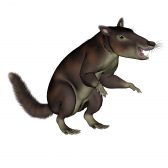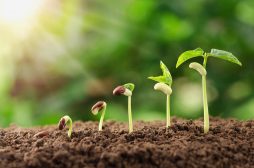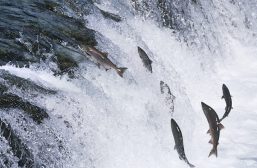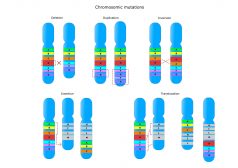Imitation
1. The act of imitating. Poesy is an art of imitation, . . . That is to say, a representing, counterfeiting, or figuring forth. (Sir P. Sidney)
2. That which is made or produced as a copy; that which is made to resemble something else, whether for laudable or for fraudulent purposes; likeness; resemblance. Both these arts are not only true imitations of nature, but of the best nature. (Dryden)
3. One of the principal means of securing unity and consistency in polyphonic composition; the repetition of essentially the same melodic theme, phrase, or motive, on different degrees of pitch, by one or more of the other parts of voises. Cf. Canon.
4. (Science: biology) The act of condition of imitating another species of animal, or a plant, or unanimate object. See imitate.
imitation is often used adjectively to characterise things which have a deceptive appearance, simulating the qualities of a superior article; opposed to real or genuine; as, imitation lace; imitation bronze; imitation modesty, etc.
Origin: L. Imitatio: cf. F. Imitation.
Dictionary > Imitation
You will also like...

Mammalian Ancestors
Mammals are a diverse group of organisms, where most of them develop their offspring within the uterus of the mother. Ov..

Lights’ Effect on Growth
This tutorial elaborates on the effect of light on plant growth. It describes how different plants require different amo..

Kidneys and Regulation of Water and Inorganic Ions
The kidneys are responsible for the regulation of water and inorganic ions. Read this tutorial to learn about the differ..

Lotic Communities & Animals
A running water environment offers numerous microhabitats for many types of animals. Similar to plants, animals in lotic..

Chromosome Mutations
Mutations can also influence the phenotype of an organism. This tutorial looks at the effects of chromosomal mutations, ..

Muscle
Muscle cells are specialized to generate force and movement. Learn about the different types of muscle tissues in this t..

